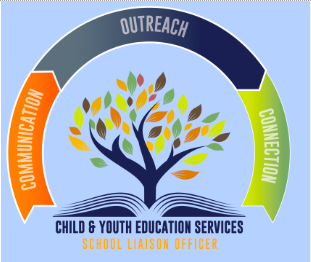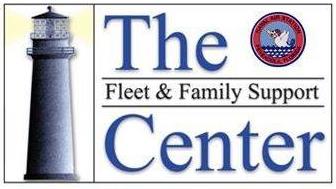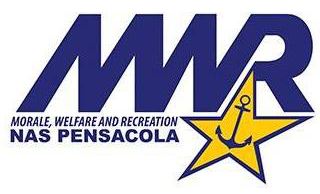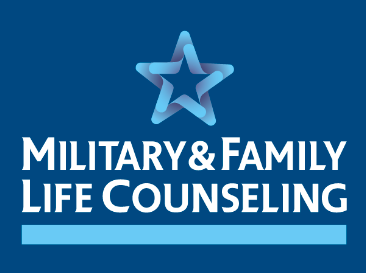- Bratt Elementary School
- Military Families
-
Military Family Resources
-
Military Point of Contact
Monica Willis, Escambia County Public Schools Military Liaison
mwillis2@ecsdfl.us • 850-469-5318
-
Enrollment Services
New to the area? Have questions about registering your child for school, or what documentation is needed for registration? Click here to visit our ECPS Enrollment Services department for this information, as well as the current Student Progression Plans.
-
Exceptional Student Education
Click to visit the ECPS Exceptional Student Education department.
Sondra Hill, Program Director
shill@ecsdfl.us • 850-429-2977
-
Resources
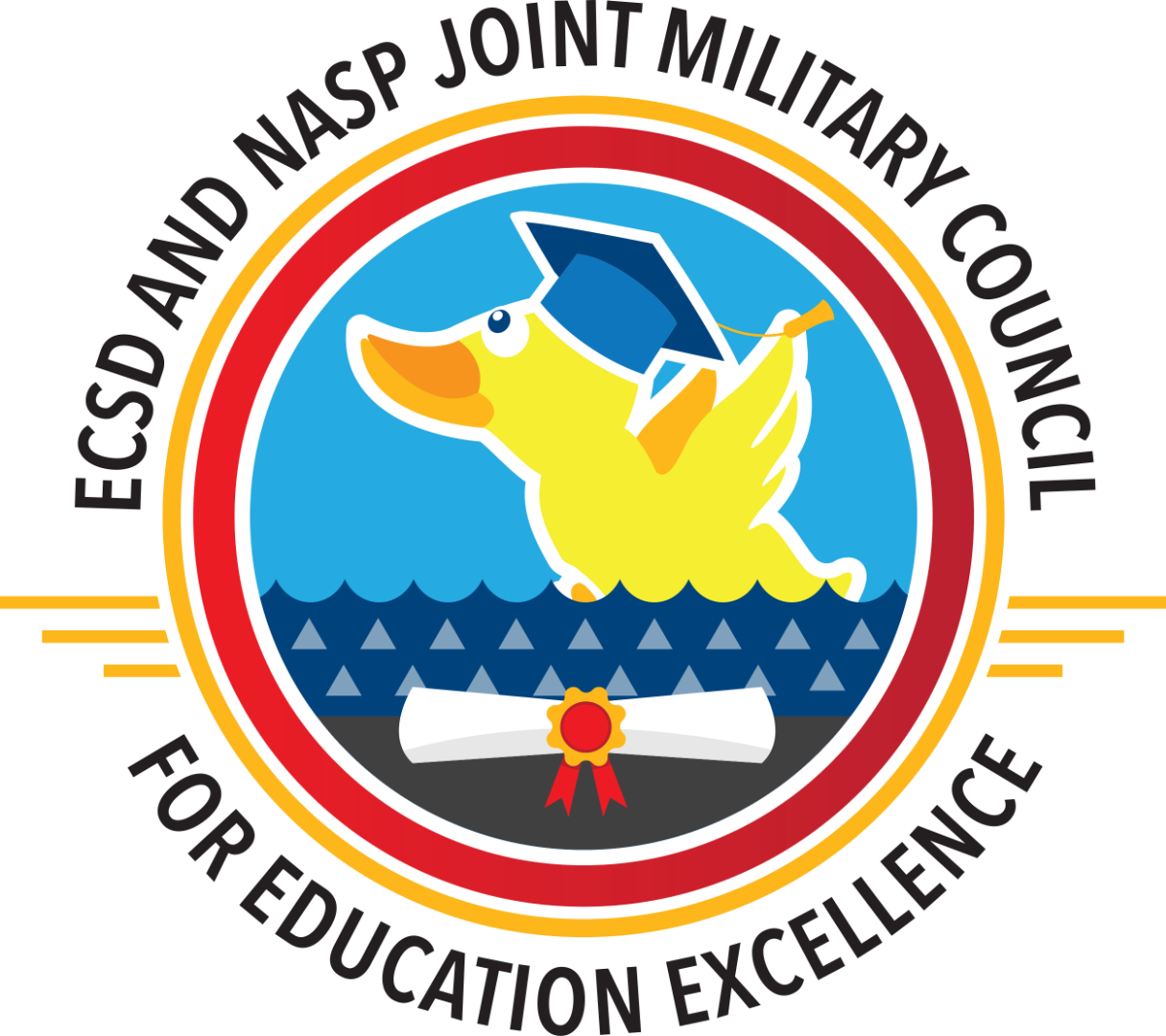
The Joint Military Council for Education Excellence was established as a partnership between the Escambia County School District and Naval Air Station Pensacola in the Spring of 2020. Its mission is: Improving educational services and communication between the Escambia County School District and military families.
The Military Council convenes quarterly to address topics of mutual interest and to solicit input from community stakeholders, including military families.
NAS Pensacola Fleet &Family Support Center
Military OneSource connects you to programs, services and products developed for military life. Turn to Military OneSource for tax services, spouse employment help, webinars and online training, relocation and deployment tools, and much more. The site also has a link to a tutoring service designed specifically for military students as well as an MFLC locator so that families can look for MFLCs where they currently reside or are PCSing to. In addition, eligible families can also access free virtual counseling; learn more at this link.
Military Child Education Coalition
The Military Interstate Children's Compact Commission has a specific section for parents with resources detailing the role of the School Liaison as well as helpful articles on helping military children change schools and cope with moving, among others. They also have a section on supporting military families with special medical or educational needs.

The ASVAB CEP offers students a chance to explore all paths to careers - college, certifications, apprenticeships, licensure programs, and the Military - in one place. Contact your school counselor to find out when the ASVAB CEP is coming to your school.
Pear Deck Tutor (formerly TutorMe) is an online service that provides one-on-one, on-demand, live homework and writing support in certain subject areas.
-
About the Military & Family Life Counseling (MFLC) Program
Bratt Elementary School is honored to offer non-medical counseling to our military-connected students. MFLCs support military families through the unique challenges of military life, including cycles of deployment and reintegration, by providing non-medical, short-term counseling. Through a partnership between the school district, the installation and the office of the Deputy Under Secretary of Defense for Military Community and Family Policy, counselors will be assigned to various schools during the school year.
What is the counselor’s role in the school?
MFLCs provide consultation, training, and educational presentations/workshops to program faculty, staff, parents, and children. MFLC support augments services already in place at each school. Counselors take part in everyday school activities and events. They are available to support in areas related to deployment and reintegration; family dynamics; positive coping mechanisms; staff support and education; parent education and stress reduction. Counselors are also available to facilitate groups and trainings to build leadership skills; manage anger; build self-esteem and confidence and strengthen communication.
How are counselors selected?
Counselors are selected for their demonstrated expertise and training and are under the management of the office of the Deputy Under Secretary of Defense for Military Community and Family Policy. Counselors hold a master’s or doctoral degree, are independently licensed and have experience working with children and youth. Counselors go through rigorous background checks before being placed in schools.
Why are the counselors in certain schools and not others?
Schools were selected by the Service Branch to receive MFLCs based on the number of military connected students attending each school. Military families who have students in schools without counselors can typically receive the same support through the installation’s Morale, Welfare and Recreation Department, Fleet and Family Services or the A&FRC.
Do counselors keep records about students and families?
No. Services provided by counselors are private and confidential with the exception of mandatory federal and military reporting requirements (i.e., child abuse, domestic violence and other life-threatening situations). No counseling records are maintained.
-
The Dandelion

The official flower of the military child is the dandelion. Why?
The plant puts down roots almost anywhere, and it's almost impossible to destroy. It's an unpretentious plant, yet good looking. It's a survivor in a broad range of climates.
Military children bloom everywhere the winds carry them. They are hardy and upright. Their roots are strong, cultivated deeply in the culture of the military, planted swiftly and surely. They're ready to fly in the breezes that take them to new adventures, new lands, and new friends.
Experts say military children are well-rounded, culturally aware, tolerant, and extremely resilient. Military children have learned from an early age that home is where their hearts are, that a good friend can be found in every corner of the world, and that education doesn't only come from school. They live history. They learn that to survive means to adapt, that the door that closes one chapter of their life opens up to a new and exciting adventure full of new friends and new experiences
(Military Child Education Coalition, 2017).



